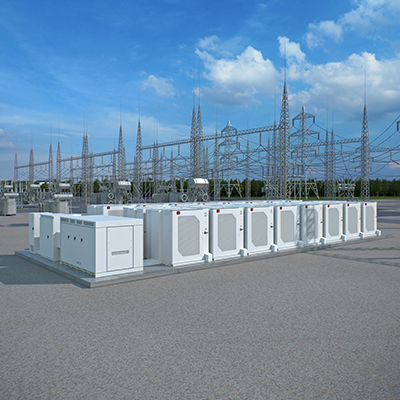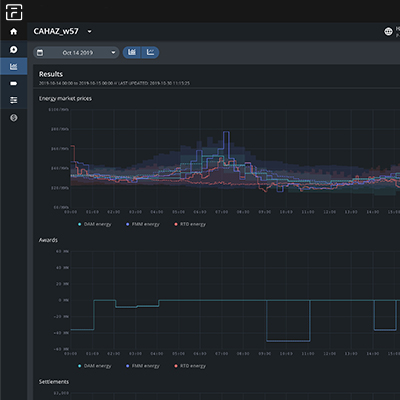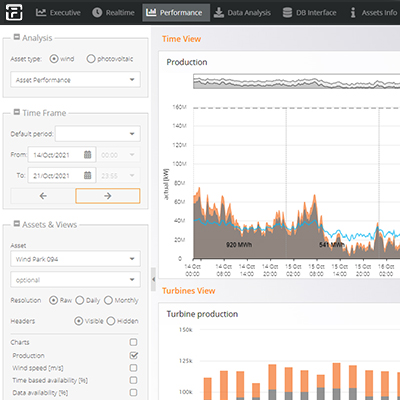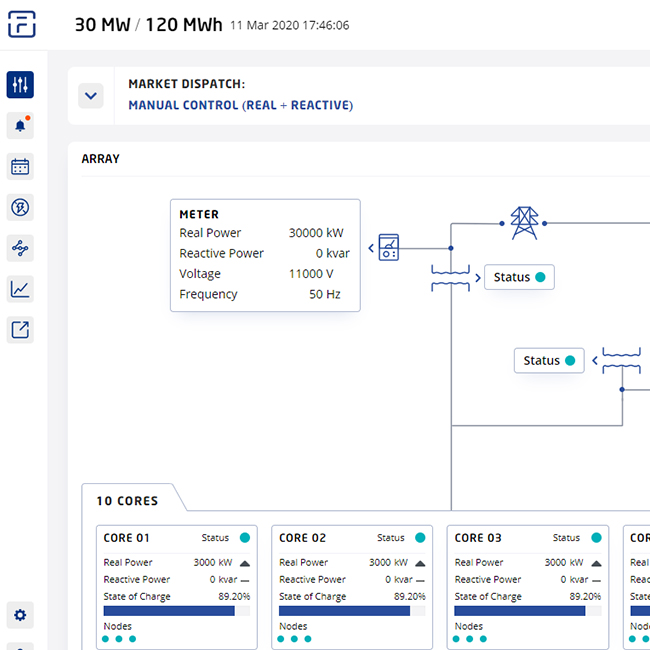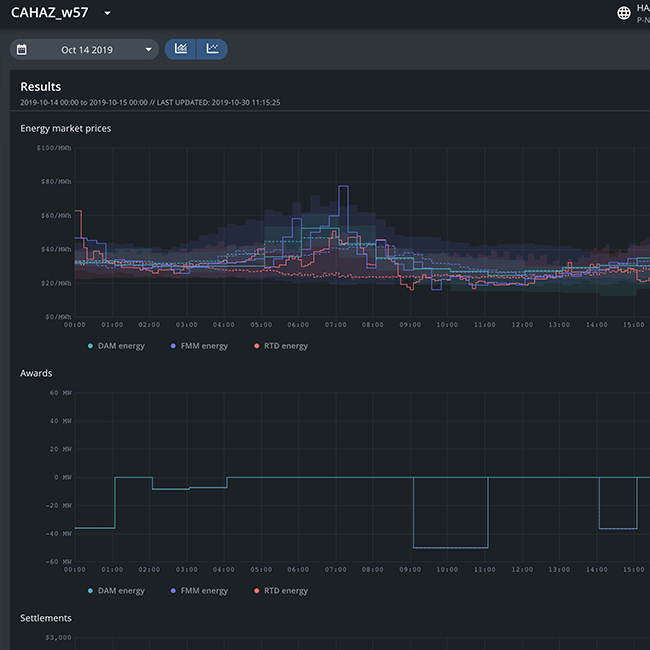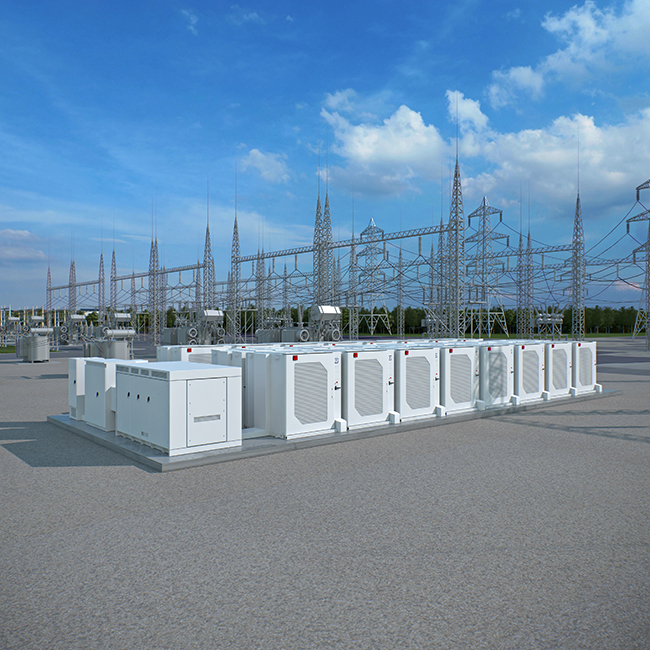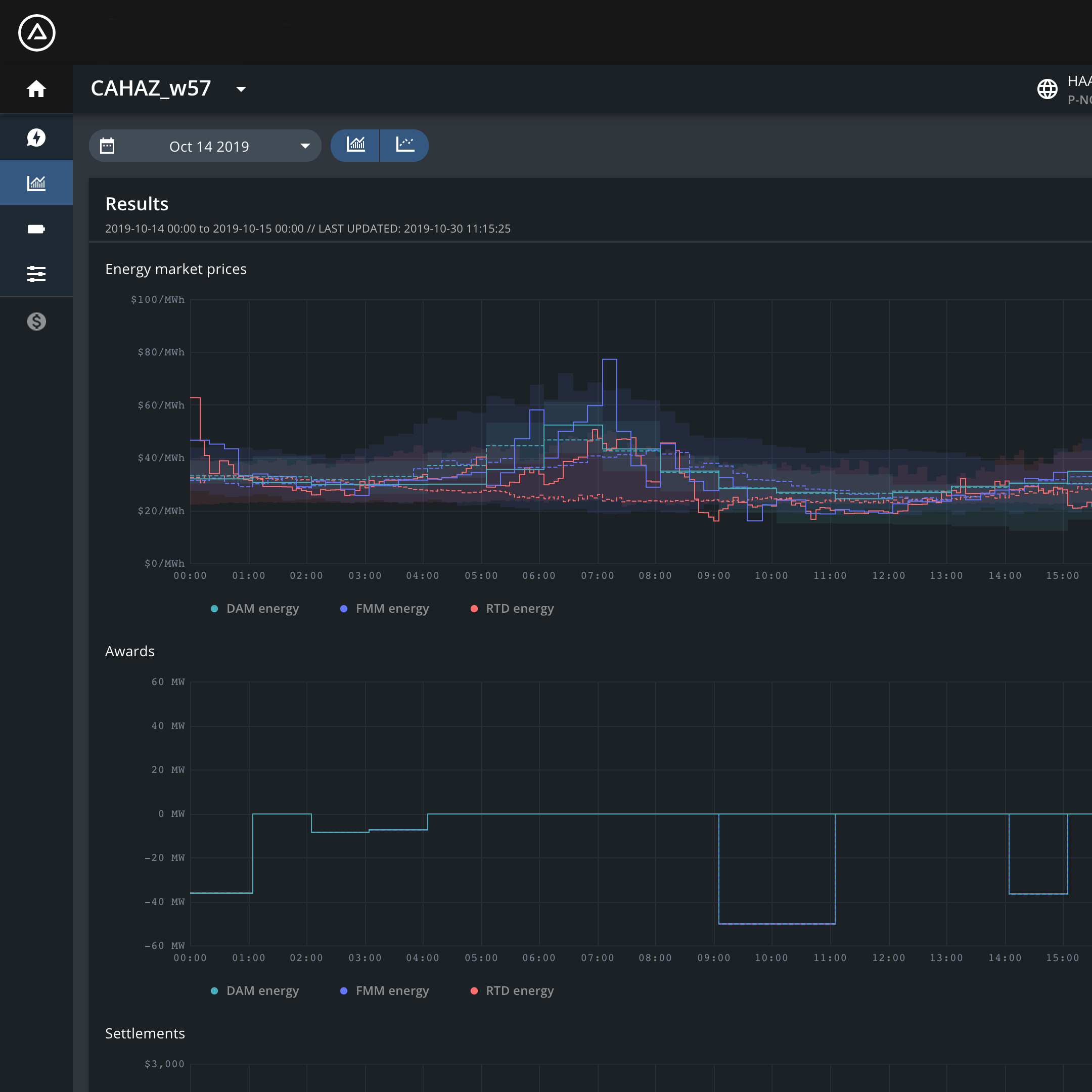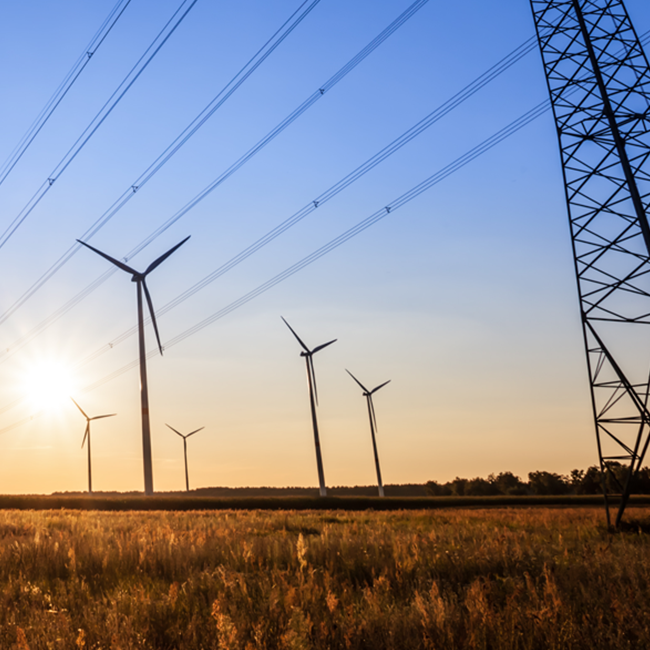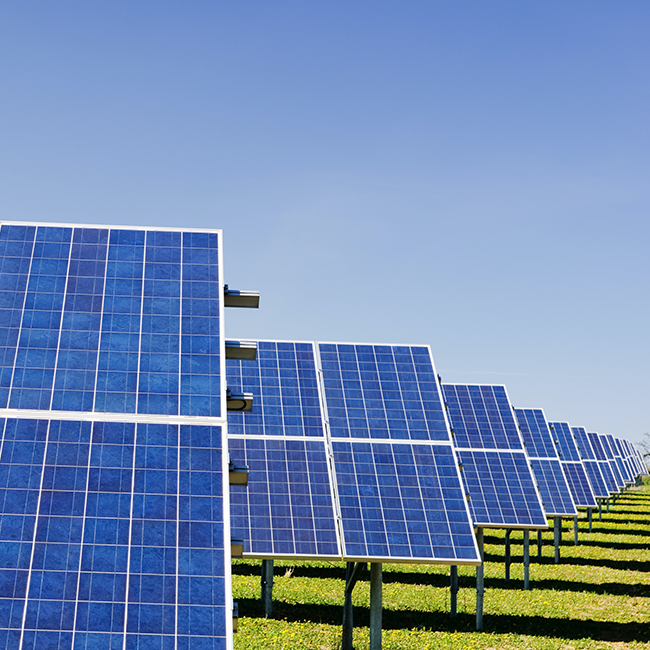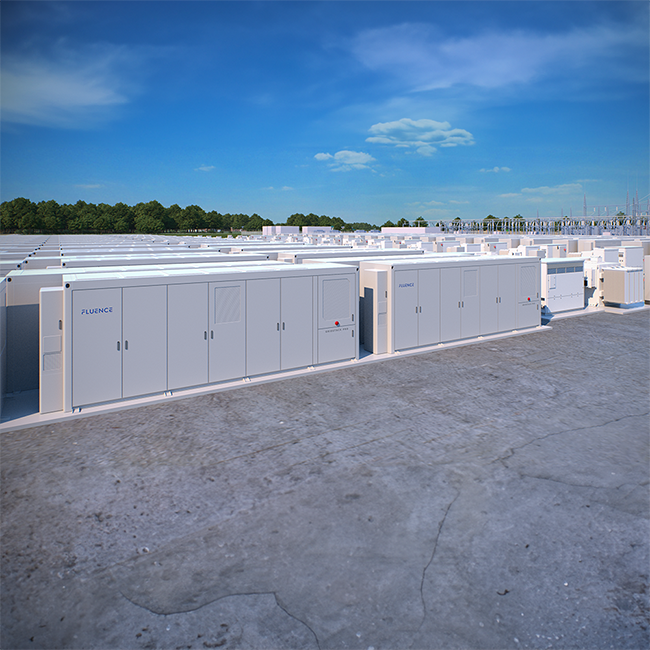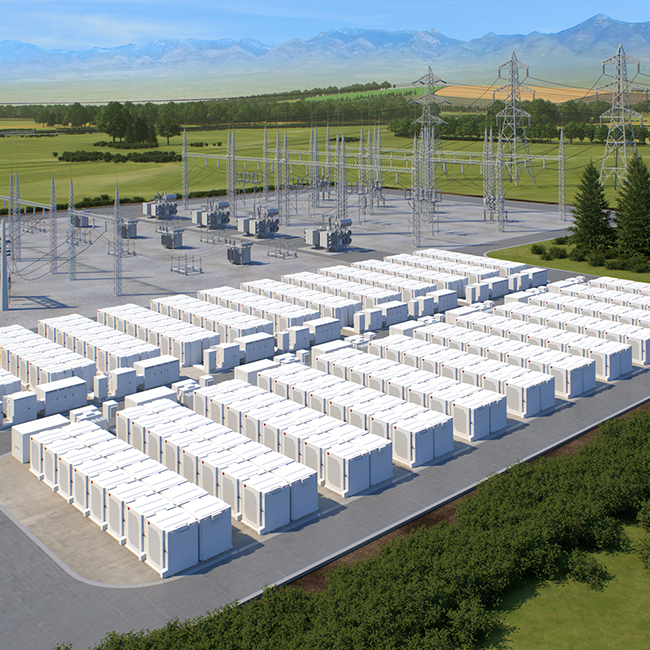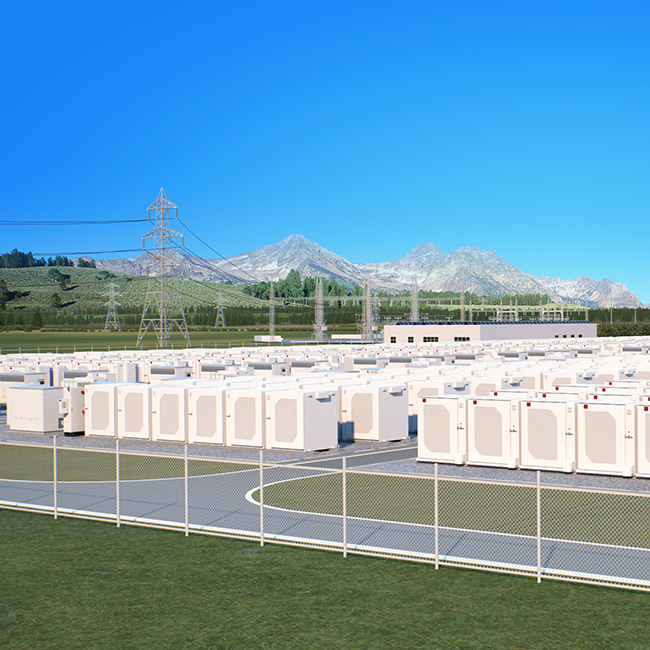View in Spanish, Italian, German, Bulgarian
This initiative was launched in July 2022.
The current geopolitical situation across the continent, combined with high dependency on imported natural gas, growing electricity demand, and consequently, higher bills for households and businesses, create an urgent need to rethink the structure of European energy systems.
The REPowerEU Plan1, published in May by the European Commission, aims to increase the security of energy supply by building and connecting more renewable generation to the grid. However, for this plan to be successful, it must be accompanied by adequate targets and policy frameworks for the deployment of energy storage and other flexibility technologies. They are necessary to enable the safe and efficient integration of renewables into the electric grid, and now is the time to recognise them as the pillars of the European energy transition.
The signatories to this letter, organisations with decades-long experience in creating and supporting global and European energy markets, welcome the REPowerEU Plan, its ambitious renewable targets, and the recognition of the role of energy storage in delivering sustainable and reliable energy supply.
At the same time, we believe that if the accelerated near-term deployment of renewable energy sources is to be successful, Europe needs a rapid rollout of proven and scalable technologies to increase grid flexibility and enable the safe and efficient integration of renewable generation. To this end, battery-based energy storage is a quickly deployed, cost-effective, and low-emissions solution with the potential to become a backbone of modern, resilient, and decarbonised energy systems. Other technologies, such as demand side response, the improved utilisation of existing storage potential of pumped hydroelectric and other energy storage technologies, as well as the interconnectivity between national electricity markets, are all critical to enabling the European energy transition.
Thanks to its unique characteristics – speed of response, flexibility, and reliability – battery-based energy storage and other fast-acting technologies are perfectly positioned to reduce the overall electricity cost for businesses and residential energy users in multiple ways. Battery-based energy storage can enhance network stability and ease congestion on transmission lines, reducing renewable curtailment and the significant costs associated with it. It can provide capacity and ancillary services that balance supply and demand, often more efficient and cheaper than other technologies. It can also limit price volatility and thereby overall electricity cost in the wholesale energy markets through energy arbitrage.
In several markets around the world, energy storage technologies have proven their ability to replace thermal power plants as a more economical and low-carbon way of providing secure energy supply during periods of peak demand and low renewable generation. But despite having access to this ready-to-deploy and cost-effective technology, we continue to rely on high-emission natural gas-based generation, while the Europe-wide targets that would strategically scale up energy storage projects are yet to be developed and embedded in law. In 2021, capacity market auctions across Europe awarded approximately 2.4 GW of contracts to energy storage, but various studies predict that to increase the security and reliability of energy systems on the continent, we will need up to 200 GW of energy storage by 2030. Additional changes to the energy market structure and design are also required to enable the goals of REPowerEU.
Furthermore, the energy market should be designed in a way that provides clear price signals to generators and customers in line with the needs of the system at any moment in time. Energy prices should be low at times of high renewable generation, and higher during periods of low generation. Similarly, the cost of using the grid should be higher when it is congested providing price signals to local generation and consumption that helps to lower the congestion on the grid.
The carbon intensity of peaking power plants needs to be addressed in capacity market design and through new policy measurements such as clean peaking standards. Grid connections for energy storage should be prioritised. The introduction of flexible connection agreements in congested areas can speed up integration of storage, which in turn can help reduce congestion based on market signals. Finally, existing barriers to storage in national markets, such as charging of fees, levies or taxes that are not cost-reflective and disadvantage storage technologies, or restrictions to market participation must be removed in line with existing European legislation.
We look forward to working together with the regulators and other market stakeholders, realising the goals outlined in the REPowerEU Plan by delivering technologies, solutions and policy frameworks to secure affordable, reliable, and sustainable energy systems for European consumers.
 |
 |
Julian Nebreda, CEO Fluence |
 |
 |
Luis Marquina de Soto, President Asociación Empresarial de Pilas y Baterías y Almacenamiento – Spanish Energy Storage Association |
.png?width=137&name=AKU-BAT%20CZ%20(EN).png) |
 |
Jan Fousek, CEO AKU-BAT CZ |
 |
 |
Florian Mayr, Partner Apricum |
 |
 |
Nikola Gazdov, Chairman APSTE |
 |
 |
Yann Dumont, President ASEALEN |
|
|
Jonas Wallmander, CEO Azelio |
|
 |
 |
Urban Windelen, Executive Director Bundesverband Energiespeicher Systeme e.V. - The Energy Storage System Association – Germany |
 |
 |
Steven Hardman, Chief Operating Officer Conrad Energy |
 |
Bobby Smith, Head of Energy Storage Ireland Energy Storage Ireland |
|
 |
 |
Jeroen Neefs, Manager of Energy Storage Energy Storage NL |
 |
George Kalavrouziotis, CEO Eunice Energy Group |
|
 |
 |
Dr. Matthias Vetter, Head of Department Electrical Energy Storage Fraunhofer Institute for Solar Energy Systems |
 |
 |
Alex O’Cinneide, CEO Gore Street Capital |
 |
 |
Ben Guest, Managing Director Gresham House - New Energy Division |
 |
 |
Tomoho Umeda, CEO Hynfra |
 |
 |
Piotr Czembor, CEO Hynfra Energy Storage |
 |
 |
Markus A.W.Hoehner, President & CEO IBESA |
| Loic Cerulus, Head of Energy Storage, Team UK ib vogtc |
||
 |
 |
Antonio Sieira Mucientes - CEO IGNIS |
 |
 |
Paddy Phelan, President Irish Energy Storage Association (IESA) |
 |
 |
Prof. Dr. Stefano Passerini Karlsruhe Institute of Technology |
 |
 |
Florian Antwerpen, Founder and Managing Director Kyon Energy |
 |
 |
Wilfred Karl, CEO MW Storage |
 |
 |
Krzysztof Kochanowski, Vice President, Board Member PIME |
 |
 |
Barbara Adamska, CEO PSME |
 |
 |
Claus Wattendrup, Vice President Solar & Batteries Vattenfall |
 |
 |
James Basden, Co-Founder and Director Zenobē |
1The REPowerEU Plan by European Commission was first communicated in March and published on May 18th. It includes increasing the target of energy generated from renewable sources to 45% by 2030, up from 40% compared to last year’s targets. This would bring Europe’s renewable energy generation to 1,236 GW by 2030, including the installation of 320 GW of solar by 2025.

